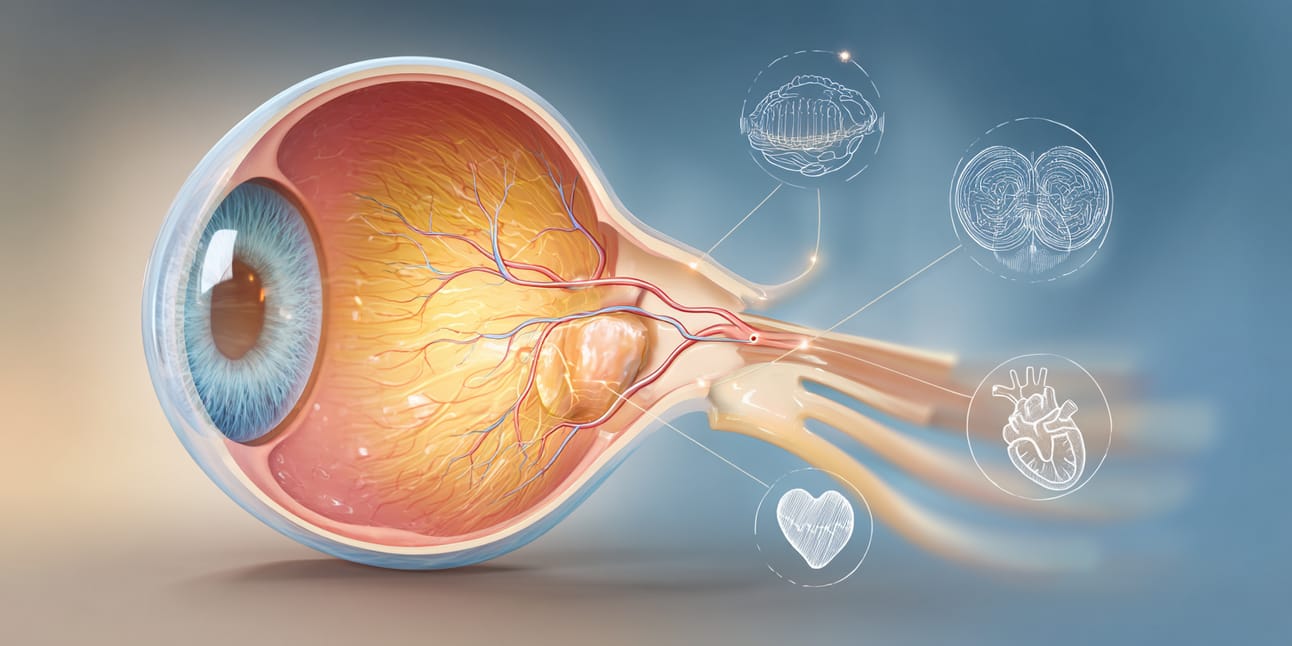🔬TODAY’S BREAKTHROUGH
Could your retina reveal how quickly you’re aging, and your risk of early death?
A breakthrough AI model now measures retinal age to predict long-term health outcomes.
The Discovery:
Scientists analyzed 133,894 retinal fundus images from UK Biobank and three Chinese cohorts using a deep-learning model called TO‑SSL (Temporal-Order Self-Supervised Learning). The model estimated retinal age, with an average error of 2.8 years. People whose retinal age exceeded their chronological age by just one year faced significantly higher risk of all-cause mortality and age-related disease.
The Science:
Model trained on longitudinal images, using label distribution learning for variability modeling
Retinal age gap (retinal-predicted minus chronological age) measured in 45,436 UK participants
Each 1-year increase in retinal age gap correlated with 6–11% increased risk for outcomes like mortality, hypertension, heart disease, stroke, glaucoma, and cataracts (Hazard Ratio [HR] per year: 1.06–1.11)
Model accuracy: mean absolute error (MAE) = 2.79 years; Pearson correlation = 0.95
Retina reflects systemic aging, its predictive power surpassed traditional age-only models
Your Action:
As retinal AI enters routine eye exams, ask your ophthalmologist or optometrist if retinal age measures are available.
Meanwhile, support microvascular and neural health through blood pressure management, blood sugar control, anti-inflammatory diet, regular physical activity, and sleep optimization to slow your biological aging trajectory.
Bottom Line:
Your eyes may offer the earliest, non-invasive biomarker of systemic aging and an actionable signal for proactive health strategies.
Source:
A cross-population study of retinal aging biomarkers with temporal-order deep learning, npj Digital Medicine, Wenyong Huang et al., University of Ophthalmology and collaborators, June 30, 2025
https://www.nature.com/articles/s41746-025-01751-7
How was today’s newsletter?
LEARN MORE ABOUT OUR WORK
— Capilli Eternal
Disclaimer:
This newsletter is for informational purposes only and does not substitute professional medical advice. Always consult with a healthcare provider before making any changes to your health regimen.

